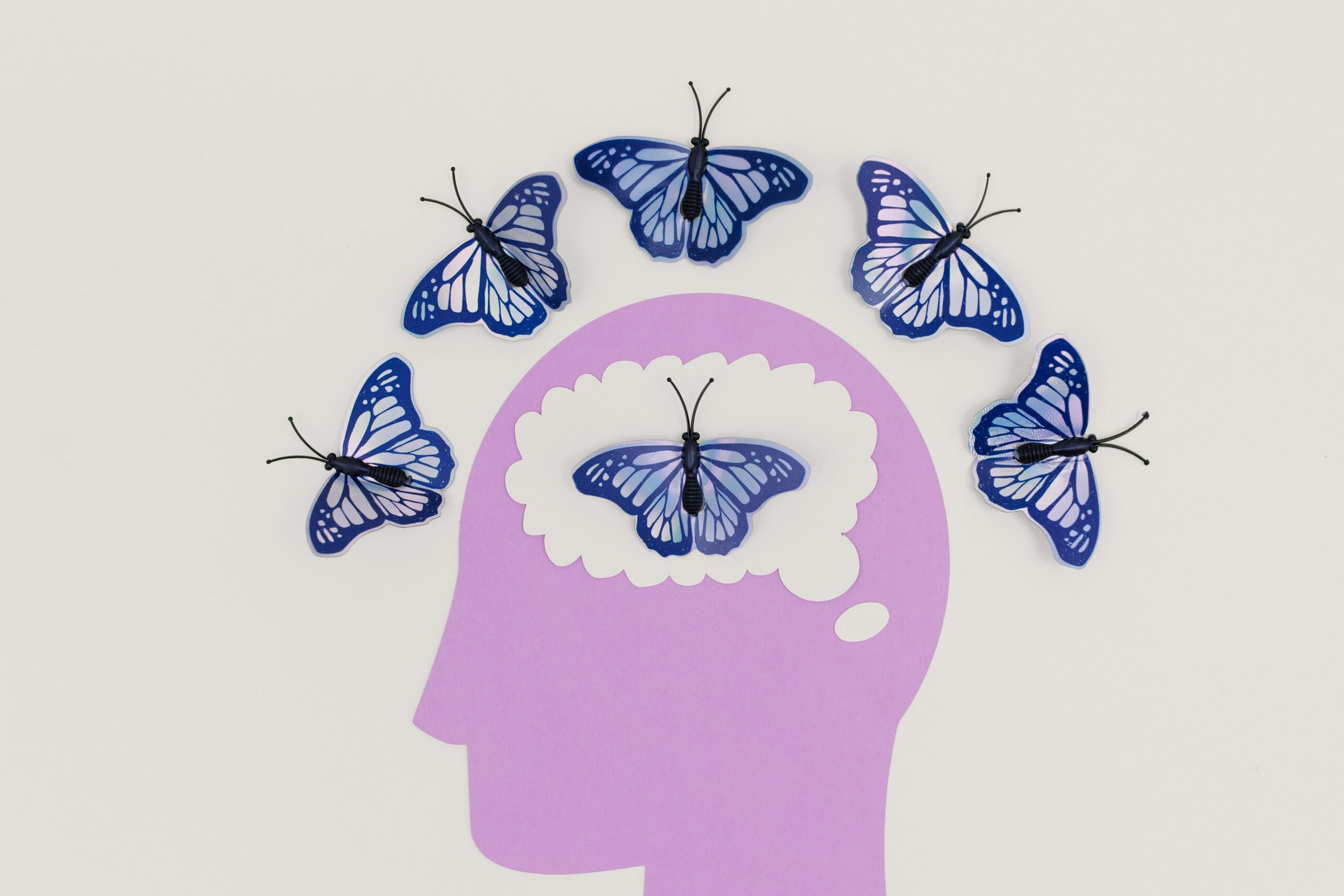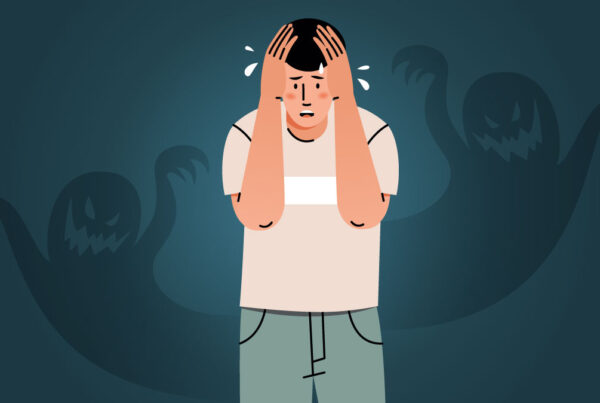Mental illnesses affect millions of people worldwide, impacting their thoughts, emotions, and behaviors. Dealing with mental health challenges requires a combination of medical treatment, self-care, and social support. Understanding effective coping strategies can help individuals manage their conditions and lead fulfilling lives.
1. Seek Professional Help
- Consult a mental health professional such as a psychologist, psychiatrist, or counselor.
- Therapies like Cognitive Behavioral Therapy (CBT) can help in managing negative thoughts and emotions.
- Medication may be prescribed for conditions like depression, anxiety, and bipolar disorder.
2. Build a Strong Support System
- Talk to trusted friends and family members about your struggles.
- Join support groups where you can connect with people who share similar experiences.
- Seek guidance from mentors, spiritual advisors, or community leaders for emotional support.
3. Practice Self-Care
- Maintain a healthy diet: Foods rich in Omega-3s, vitamins, and minerals support brain function.
- Exercise regularly: Physical activity releases endorphins, reducing stress and anxiety.
- Get enough sleep: Poor sleep can worsen mental health conditions. Aim for 7–9 hours per night.
4. Manage Stress Effectively
- Practice mindfulness and meditation to stay present and reduce negative thoughts.
- Engage in hobbies like reading, painting, or playing music to keep your mind engaged.
- Avoid unhealthy coping mechanisms such as alcohol, drugs, or excessive social media use.
5. Set Realistic Goals
- Break down large tasks into smaller, manageable steps to avoid feeling overwhelmed.
- Celebrate small achievements to build confidence and motivation.
- Avoid perfectionism and practice self-compassion.
6. Stay Informed and Educated
- Learn about your mental health condition to understand triggers and coping strategies.
- Read books, articles, and reliable online resources to stay informed.
- Attend mental health workshops or therapy sessions for better self-awareness.
7. Know When to Seek Emergency Help
- If you or someone you know is experiencing suicidal thoughts, self-harm, or severe distress, seek immediate help by calling a crisis helpline or visiting a hospital.
Dealing with mental illnesses requires patience, self-care, and professional support. By combining medical treatment, lifestyle changes, and social connections, individuals can effectively manage their mental health and lead meaningful lives. Remember, you are not alone—help is always available.



